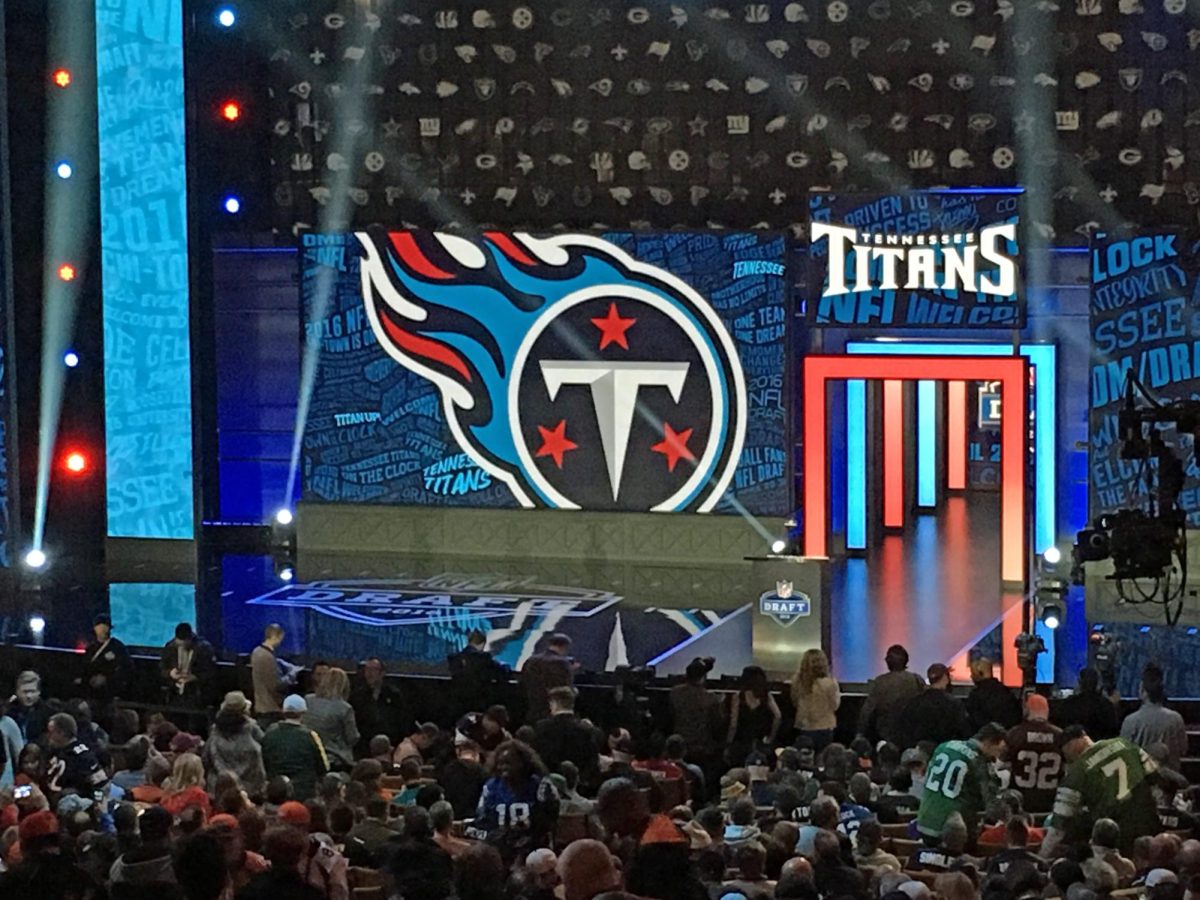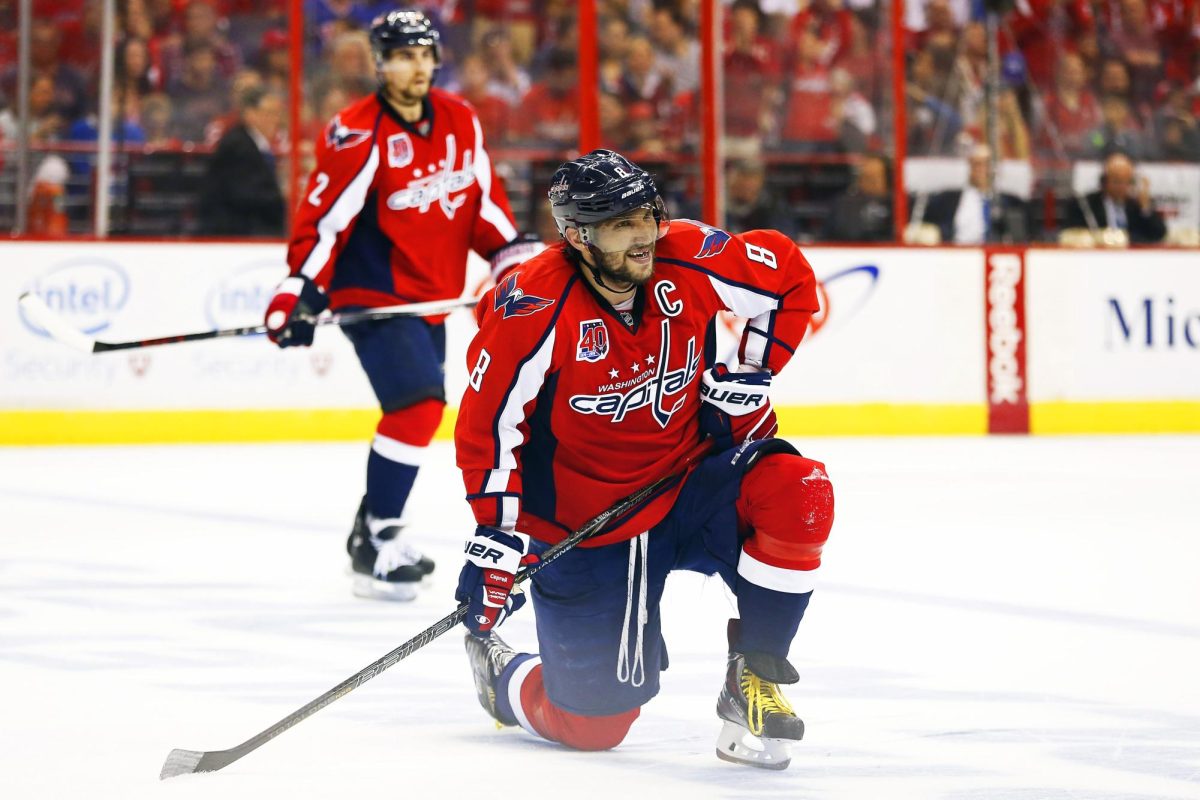The Dodgers seemed to use the line above, a purely satirical statement originally from Season 5 Episode 14 of Family Guy, as a strategy to lure two-way MVP Shohei Ohtani from the Angels. Ten years, $700 million. Though it sounds straightforward and the most expensive contract ever accepted in professional sports, only one half of that sentence is true. That is, Shohei Ohtani is not getting $70 million a year at all. As they say, “The devil is in the details.”
Instead, he actually took a significant “pay cut” when he agreed that the Dodgers would only pay him $2 million annually for ten years. After ten years, the Dodgers will pay him $68 million annually for another decade as interest. Though the contract is intriguing and unusual, the Dodger’s strategy to pay the money over twenty years is a genius way to benefit both parties and the organization’s long-term success.
In addition, Ohtani’s money deferral will allow him to move out of LA, where the tax is extremely high, to a place like his home country of Japan. Doing so would help him keep a much larger percentage of his income. For the Dodgers, this means they have Ohtani and an extra $68 million per year to spend on other players over the next decade.
This had many teams and managers crying “foul.” After news of the Ohtani deal broke, many questioned if the deferral of $680 million dollars is even legal in MLB. Article XVI of the MLB collective bargaining agreement states, “There shall be no limitations on either the amount of deferred compensation or the percentage of total compensation attributable to deferred compensation for which a Uniform Player’s Contract may provide.” That is, Ohtani’s deal is entirely legal.
While MLB does not have a salary cap, there are penalties for spending beyond specific payroll thresholds. MLB dramatically increases the tax on players beyond these thresholds to ensure that teams are not overly powerful. MLB analyzes each team’s AAV, or annual average value, to assess the dollar amount and then compares it to the league average. MLB then calculates deferred money using inflation and depreciation, as money changes drastically over time. Considering that the set threshold before CBT, or competitive balance tax, is $237 million in 2024, $70 million on Ohtani would put the Dodgers in an expensive and challenging financial position. Due to Ohtani’s deferred money, his addition to the Dodger’s CBT value is only $46 million. The extra $24 million will help keep the Dodgers ultra-competitive in 2024 while limiting their CPT tax.
Though Ohtani’s contract is technically legal by MLB rules, it raises many questions about the morality of deferring salaries. Perhaps MLB should consider reducing the percentage of money that contracts can defer to avoid economic complications with inflation and depreciation. In addition, Ohtani’s contract hopscotches the line of legality in many ways and takes some shortcuts around the MLB CBA. If MLB made the deferral percentage cap below 50%, they could ensure that the circumvention of rules is less prevalent. Moreover, MLB should not allow players to receive deferred money in a different area code than the one where they play. That way, Ohtani could not move back to Japan and claim the money there, which would significantly reduce his salary tax. That is, players must pay the salary tax of their team’s area code because of the demand and high market of cities like LA.
Ohtani’s deal also sets a dangerously high standard for player contracts in all sports, not just MLB. Though Ohtani is an exceptional two-way player, he will not pitch in 2024 due to elbow surgery. Considering that the Dodgers designed his contract for his two-way talent, $68 million a year of deferred money is overpriced and a risky choice for the Dodgers. Either way, the Dodger’s ability to lower Ohtani’s AAV value and defer $680 million will continue to reconstruct the idea of sports contracts forever.


























